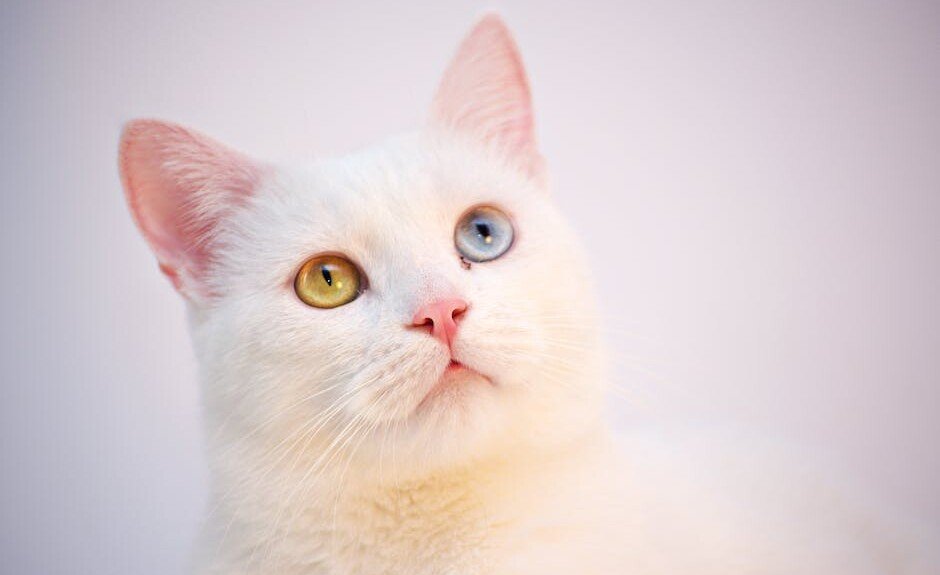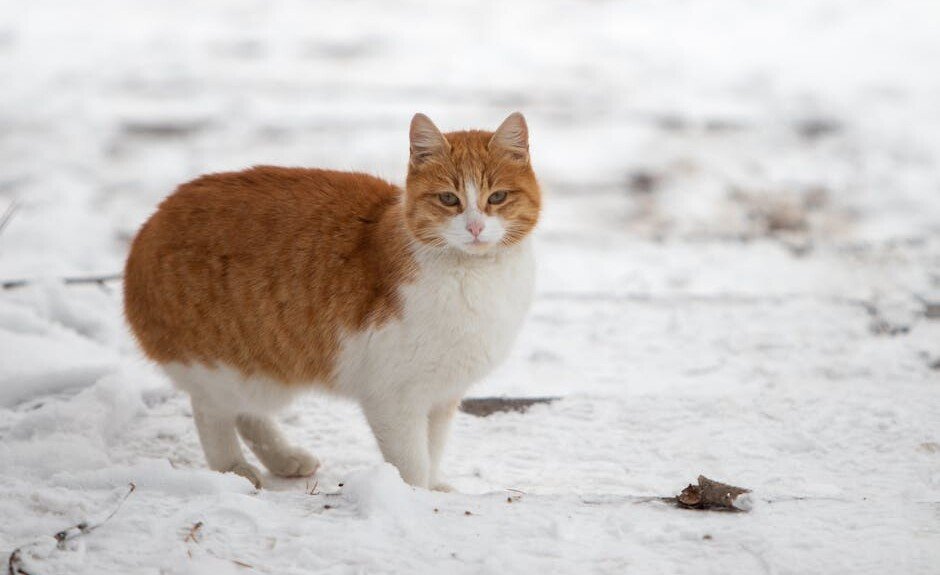Most people have seen a cat foam at its mouth before, but you probably never noticed what was making it do that. While some cats develop this habit as puppies, most adults get their face fur when they are stressed or angry.
When dogs froth at the mouth, we call it “licking” or sometimes even “salivating.” Some say that’s because they feel hungry due to all of the saliva they produce, while others believe it has something to do with fear or anger.
But what happens when your cat gets excited, scared, or frustrated? They froth!
It seems like there is always one thing or another that sets off your cat so they begin foaming. This article will discuss some potential causes and things you can try to stop this behavior.
Do I need to see a vet?

Cat foaming or spitting water is very abnormal and does not occur as part of their normal health pattern. If your cat is showing this behavior, do not worry!
Most likely causes are when they are startled by something, or if they ingest too much liquid- for example, through drinking or eating. Sometimes cats can get liquids in their airways which cause them to foam or spit out fluid. This happens more frequently with older cats due to possible respiratory issues.
If your cat is exhibiting these symptoms, try to distract them by holding them or putting food in front of them so that they are focused on feeding instead of trying to breathe. Also make sure to check with your veterinarian quickly since some conditions require treatment right away!
Hopefully you will never have to see your dog or cat foam at the mouth, but it is important to know what is causing the froth and how to help reduce any stressors.
Is my cat having a seizure?

If you are ever unsure if your fur child is actually suffering from seizures, look no further than their face. If they are laughing or smiling with all of its might, it may be because they are experiencing something that looks like a seizure.
If their eyes go wide, roll up in their head, and foam comes out of their mouth, this can indicate an epileptic episode. Make sure to check yourself for symptoms before assuming anything!
You should also watch for signs such as urination or defecation without being able to hold onto the poop, tremors, excessive grooming or licking themselves, and sleep disturbance patterns that seem off.
It is very important to note that even though some cats do suffer from epilepsy, this does not mean every single one does. Many individuals pass through life with a slight tic here and there but never realize what it was until someone points it out to them.
Can I help my cat?
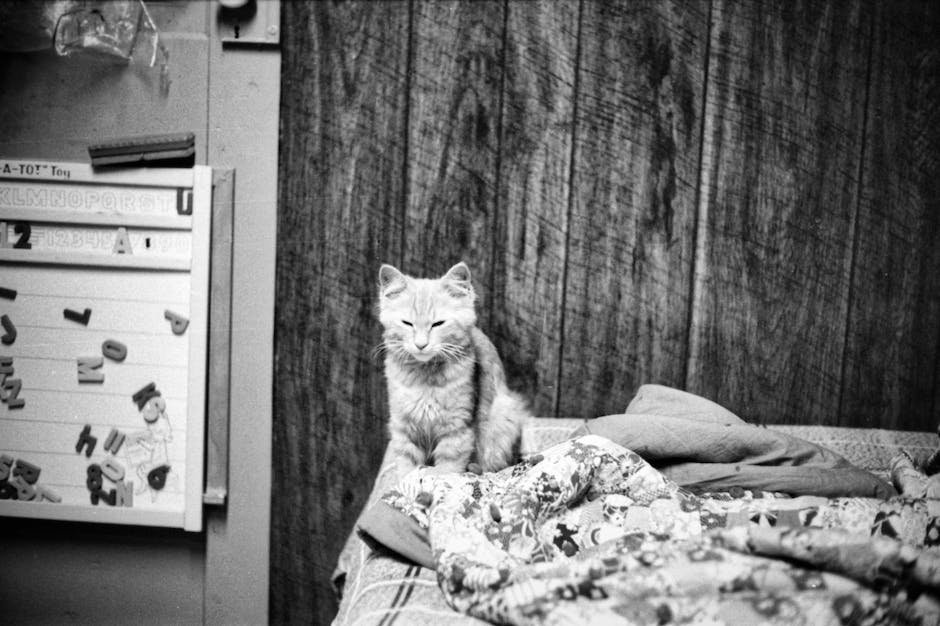
First, make sure your house is safe for your cat before trying to give her water or food. Check the windows and doors for openings or gaps that could allow animals in or cats escaping.
You can also try using coverings to prevent drafts and protecting furniture from moisture and wet paws. If there are no signs of your pet looking hungry, then you do not have to worry about them passing out due to thirst.
However, if your animal seems distressed or has foam coming off their mouth, it may be necessary to get medical attention immediately.
If possible, take your pet to the vet right away so they can check your feline friend more thoroughly and determine whether they need medication or intravenous fluids.
Something as simple as changing the bedding or washing their fur can sometimes cause vomiting or diarrhea which might indicate an underlying health problem. Your doctor will likely run some tests to see what is wrong.
What is the cause of the foaming?
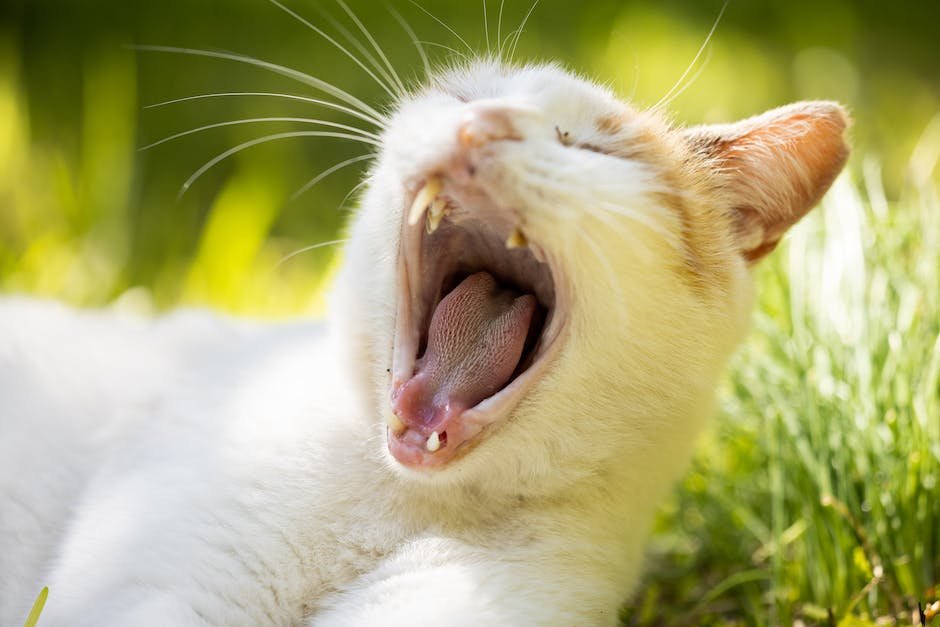
The source of this behavior typically comes down to something wrong with your cat’s digestive system. Sometimes, a kitten will not grow up properly due to poor nutrition in their early life stages.
If a young cat does not get enough nutrients as they develop, then they may never learn how to use special stomach enzymes to break down certain foods like meat.
This can sometimes result in cats that are hungry but don’t want to eat anything beyond fresh vegetables and fruits because they cannot process protein-based foodstuffs.
Alternatively, some cats are sensitive to dietary proteins and these sensitivities can lead to excessive salivation or foamation.
What makes this even more bizarre is that most cats enjoy eating food! They enjoy it so much that many will actively seek out new things you could cook for them.
Is my cat eating too much?

Sometimes, your kitty can seem to be constantly hungry. This is not necessarily due to lack of food, however! If this seems like it could be the case, there may be something wrong with his or her digestion.
Your dog probably learns that by looking into its mouth, he will get to eat, but if you take away the source of inspiration, they might just keep chewing anyway. Similarly, if your cat was given an extra large meal earlier in the day, she may be trying to compensate for that by ingesting more frequently.
If your pet is foaming at the nose, mouth, or anal area, try taking them outside for a few minutes. Perhaps bring them somewhere where they are able to relax and breathe better, such as a park, beach, or even indoors.
Once they appear to have calmed down, return them to their room so that they do not feel uncomfortable elsewhere. Once they seem happier, let them back in and see if they are willing to interact with you.
Is my cat having another medical condition?

Sometimes, even though your dog or cat seems healthy, they can be experiencing something more serious than just a playful bout. This is called foaming or lathering.
Usually, cats and dogs foam when they are very excited or angry. They develop bubbles in their mouths and sometimes saliva contains clots that could block their airway.
It is important to note that not all puppies and kittens playfully froth their mouth like some breeds do, nor does this occur only during stressful times.
This article will discuss what causes fomenting, how to tell if this happens to your pet, and possible things you can do to help your pet feel better.
What should I do?

Sometimes, while grooming your cat, they develop an expression or look that is just not normal! They can become very agitated and busy trying to take off their fur or flatten themselves out because it feels like something has them stuck.
This is called foaming. When you see this happening, try to distract the animal by offering some food or playtime so that they feel relaxed enough to stop what they are doing.
If possible, get away for a few minutes if needed until the foaming stops. Try using a soft towel to wash off any excess foam or saliva. If there’s no way to do that, use a wet cloth to wipe as much of it off as you can!
Never force your dog or cat to swallow anything that does not taste good to them. This could be harmful or even fatal for them! Even things such as water or baby oil may cause vomiting or choking.
What are the possible consequences?
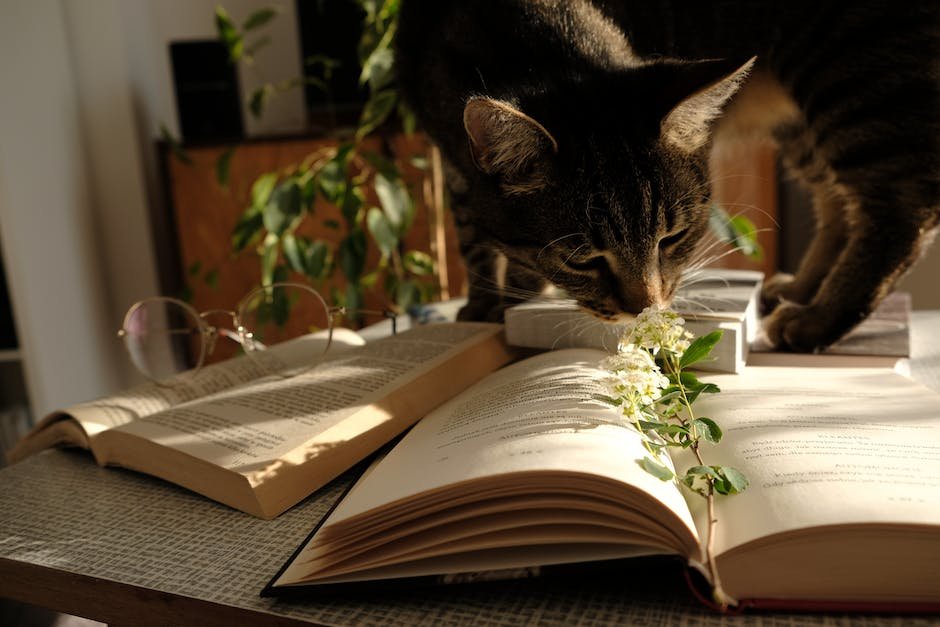
The likelihood of someone developing rabies after being bitten by an infected cat is very low, but it does happen! If your dog gets bit by an infected cat, you will need to take extra precautions for its health.
If your dog begins to show symptoms such as drooling, tremors, aggressive behavior or difficulty walking, call your doctor right away so that we can rule out rabies.
It is important to note that even if your dog doesn’t develop any signs of rabies, he may still have been exposed to the virus and could eventually become sick. Therefore, even if he isn’t showing any symptoms now, make sure to get his shots today!
Don’t worry about whether your dog has adequate vaccination records- any dog six months and older who hasn’t received the two necessary vaccines should be vaccinated immediately!
Given how easily dogs pass rabies onto each other through saliva, having more than one puppy or adult in a home with no exposure risk is a good way to prevent infection.


